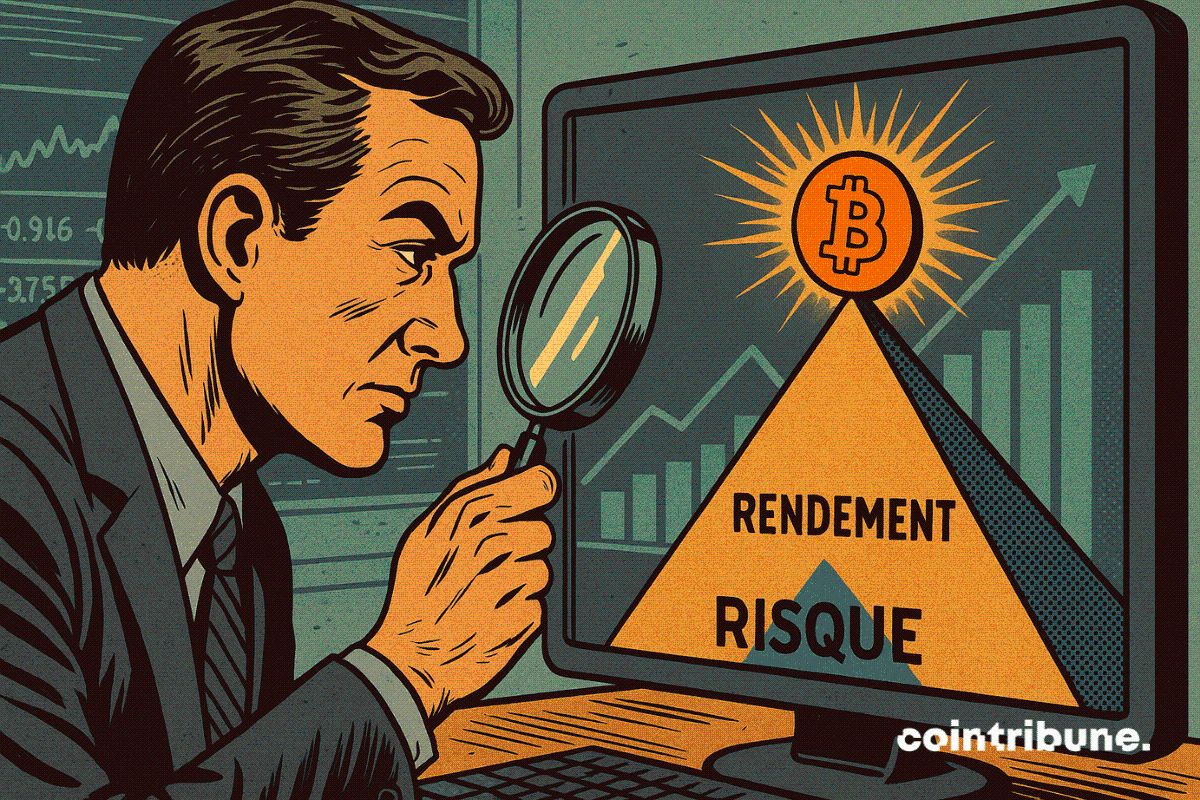- The U.S. House to vote on major crypto bills, including Bitcoin market structure, next week.
- Bills include Anti-CBDC, stablecoin regulation, and clearer oversight roles for the SEC and CFTC.
Next week looks set to be a defining moment for the future of the crypto industry in the United States. The chairman of the US House of Representatives Agriculture Committee, Glenn “GT” Thompson, has given a strong signal that the discussion and voting on several crypto bills will be held between July 14 and 18, 2025. They even gave it a special label: “Crypto Week.”
Three Crypto Bills, One Crucial Week for the U.S.
What will be discussed is not one or two, but three bills at once. The first is about the structure of the crypto market, which is called the CLARITY Act. Second, there is a ban on the development of central bank digital currencies (CBDCs).
And finally, the stablecoin regulation called the GENIUS Act, which interestingly has already been passed by the Senate and only needs one more step before going to the president’s desk. If all three are passed, then America will truly have the legal basis that industry players have always been waiting for.
Furthermore, the CLARITY Act bill has actually been long awaited because it discusses a fundamental issue: who should oversee digital assets? CFTC or SEC? Well, two House committees have approved this bill, with a fairly convincing majority. This is an uplifting moment, especially for companies that have been confused about whether they should deal with commodity market regulators or securities authorities.
Digital Assets Now Enter the Mortgage Conversation
On the other hand, interesting news comes from the property sector. The CNF recently revealed that the FHFA—the US housing regulatory agency—has instructed Fannie Mae and Freddie Mac to begin recognizing crypto asset ownership in the mortgage application process. These two giant institutions have so far controlled more than half of the country’s home loan market.
With this new policy, applicants can now use Bitcoin , Ethereum, even Cardano and XRP as proof of financial eligibility, without having to exchange them for US dollars first. Simply put, do you have crypto in your wallet? It could be used as capital to buy a house—without having to sell it to fiat first.
This is certainly not a small step. This means that crypto adoption is now not just about investment or speculation. It has begun to enter the real sector, including housing. It can be said that crypto is slowly starting to be considered worthy of entering the traditional financial system, even by very cautious institutions like Fannie and Freddie.
Meanwhile, Michael Saylor has reappeared with a statement that has investors turning their heads. In mid-June, he said that the United States should have at least 20% of the world’s total Bitcoin supply . In his view, Bitcoin is not just a digital asset, but a strategic infrastructure.
Saylor even gave the US a 12-month deadline to realize this dominance. But of course, he is aware that this is not just a technical matter. The problem, he said, is actually in politics. It takes consensus—and that is clearly not easy in Washington.
However, if you look at the wave of legislation that is starting to form now, it is not impossible that this target will slowly become a reality. After all, who can deny that more politicians are now realizing how great the economic potential of digital assets is?




